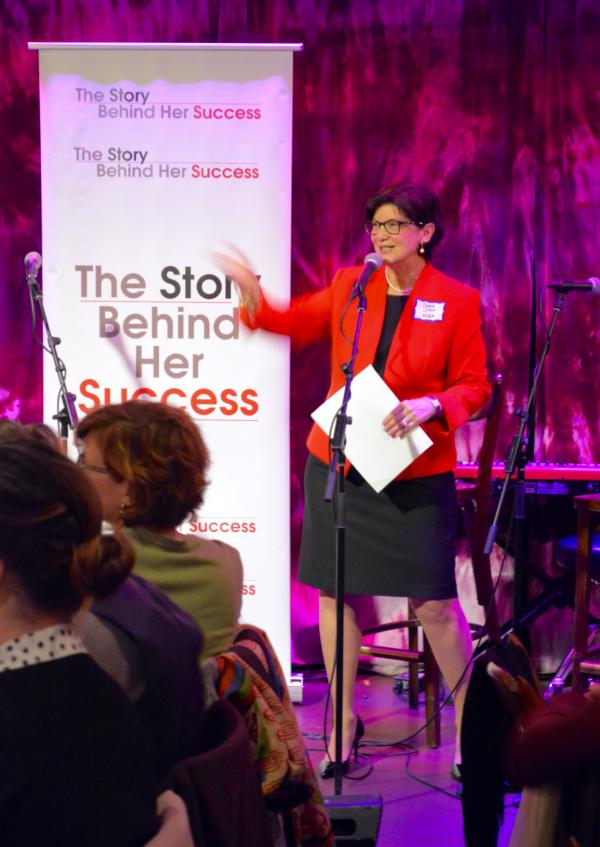
In 1970 the Massachusetts legislature enacted rent control through statewide enabling legislation in response to a housing shortage. Initially several communities adopted rent control (including Somerville and Waltham) but only Cambridge, Boston and Brookline held it up as a housing policy.
Through the years, supporters claimed it protected low and moderate incomes tenants, preserved diversity and kept Cambridge affordable, while its detractors felt those claims were baseless.
For 24 years, tension between the pro-rent control groups and the anti-rent control slowly but surely intensified and came to a boiling point when the anti-rent control group mounted a state-wide campaign.
By a very narrow margin (51%-49%) rent control was repealed in 1994 through the initiative petition process. The repeal shook Cambridge to its political core, with many questioning what the city would look like twenty years hence.
We now have 22 years of history and can state unequivocally that Cambridge has prospered since the demise of rent control, both demographically and financially. Demographic gains are impressive; the population and the number of households have increased, with the largest segment increase in the 20-29 year-old bracket. The racial composition is more diverse, with the African-American population proving to be most stable and the Asian and Latin populations continuing to grow. Family households, persons per family, and children per family have remained fairly constant.
Cambridge is experiencing unprecedented economic gains which have allowed city government to increase services, stabilize the municipal budget and be prepared for cyclical economic changes. One measure is free cash, which hovered around 10 million dollars in the 1990’s and is now more than 192 million dollars. Cambridge Free Cash is the highest in the state and its residential property tax rate is the lowest.
The city’s financial health is nearly unparalleled and, according to Banker & Tradesman (10-6-13), “Cambridge is a model for affordable housing initiatives.” In fact, Cambridge established an Affordable Housing Trust Fund in 1989 with the mission of expanding and protecting affordable housing opportunities. The fund received its first significant boost in 1995: a direct result of increased residential property values due to the demise of rent control.
Additionally, Cambridge has taken full advantage of the Community Preservation Act (CPA), established by the state legislature in 2000. It provides for the creation of affordable housing, historic preservation and open space. The CPA was overwhelmingly approved by Cambridge voters in November of 2001. Cambridge currently ranks #1 in total local surcharge levies and total trust fund distribution, outperforming every other participating community. Cambridge’s total affordable housing appropriations from the CPA exceed 109 million dollars.
While demographics and financial and affordable housing gains are laudable, it is critical to recognize the improvements in Cambridge’s overall housing stock, and in particular, its former rent-controlled housing.
Almost immediately following the 1994 referendum, the number of building permits and license applications increased dramatically. After nearly 25 years of anemic reinvestment, Cambridge enjoyed a housing renaissance that continues through today, with plumbers, electricians, roofers, and general contractors still in constant demand.
It has been said that the demise of rent control coupled with the advent of the high-tech, bio-tech, and pharmaceutical explosion in Kendall Square was the perfect storm. Cambridge has always been a desirable place to live with Harvard and MIT as the biggest draws. Now, in addition to our world-class academic institutions, Cambridge attracts globally because of its livability and quality of life; low residential tax rates; high per capita student expenditures; a new police station; a first-class fire department; renovated schools; a new library; and unmatched city services, all of which makes this place, a great place…to work, to live and to play
Denise Jillson
Jillson chaired the Massachusetts Homeowners Coalition (the official PAC & proponent of Question Nine.)
Sources: City of Cambridge, Commonwealth of Massachusetts